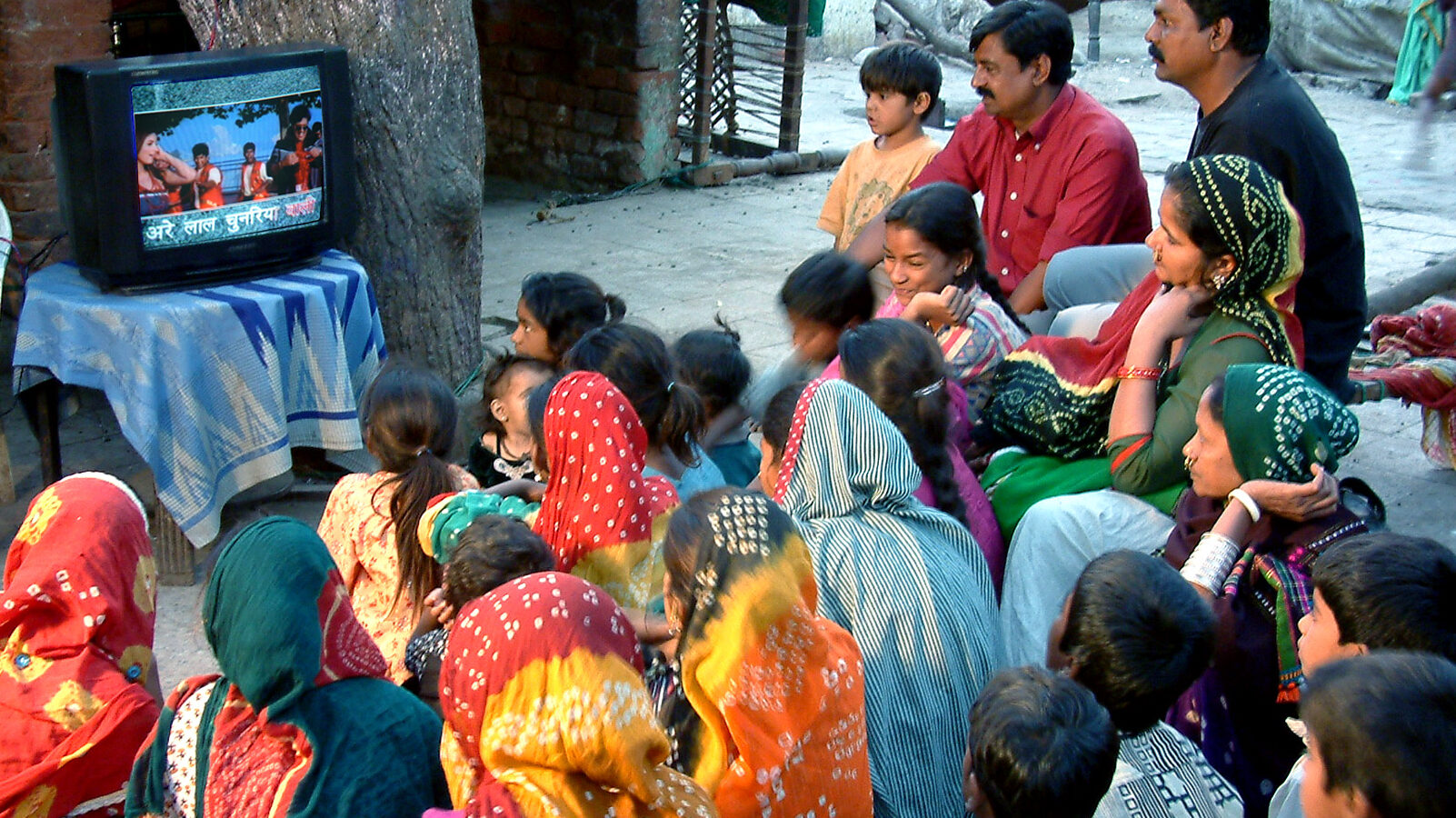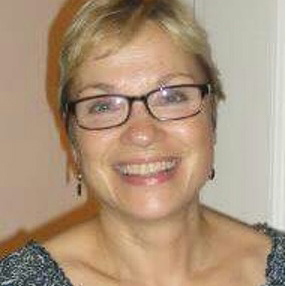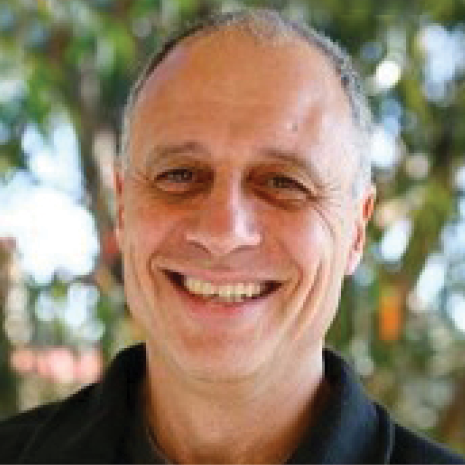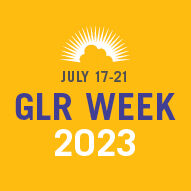
- This event has passed.
Global Perspectives on Post-Pandemic Academic Recovery

“There’s a misunderstanding that TV is the solution [using same-language subtitling]. It’s not. It’s the passion — that’s the solution. What do children have passion for? How can we harness that?…When somebody watches content with captioning, which is in the same language, they try to engage with the text automatically. They cannot but try to read along. It’s a proven scientific fact.…We’re really trying to marry an educational outcome to the mass passion that already exists. And so our goal is always go look for the passion first, and then think of what you can do with that passion, and redirect it toward an educational outcome that we have.” — Brij Kothari, Planet Read
In this GLR Week 2023 session, Global Perspectives on Post-Pandemic Academic Recovery, moderated by CGLR’s John Gomperts, we heard from a number of speakers on the realities of learning and the efforts to combat learning loss globally. Brij Kothari of PlanetRead spoke about the research behind same-language subtitling as a literacy tool and his efforts to bring SLS to as many people in India as possible. Katherine Begley at CARE USA shared valuable insights to the many crises facing developing countries, the disproportionate effects of learning loss on girls, and the importance of community and teacher supports. Governor Bob Wise at the Global Science of Learning Education Network provided insightful framing on the stages of crises and reiterated the need to innovate using science-backed approaches. We also heard from Munro Richardson, Ph.D., of Read Charlotte about the need to look outwards and follow the lead of effective academic recovery initiatives worldwide.
Moderator:
- John Gomperts, Executive Fellow, Campaign for Grade-Level Reading
Speakers:
- Katherine Begley, Director of Technical Support, Education and Adolescent Empowerment Team, CARE USA
- Brij Kothari, Founder, PlanetRead; Co-Lead, Billion Readers (BIRD)
- Munro Richardson, Ph.D., Executive Director, Read Charlotte
- Bob Wise, Former Governor, West Virginia; Coordinator, Global Science of Learning Education Network
“We also saw an increased focus on being more clear about what barriers exist and which ones need to be addressed to improve gender equity and equality and social inclusion through the integration of social and behavioral change interventions. There were also some improvements in collecting disaggregated data about students to help better identify what learners most need in schools that are most in need. As well as having conversations with ministers of education and school governance bodies about how to monitor data to better understand what’s working in terms of teachers, teaching practices and students’ learning.” — Katherine Begley, CARE USA
Panel







